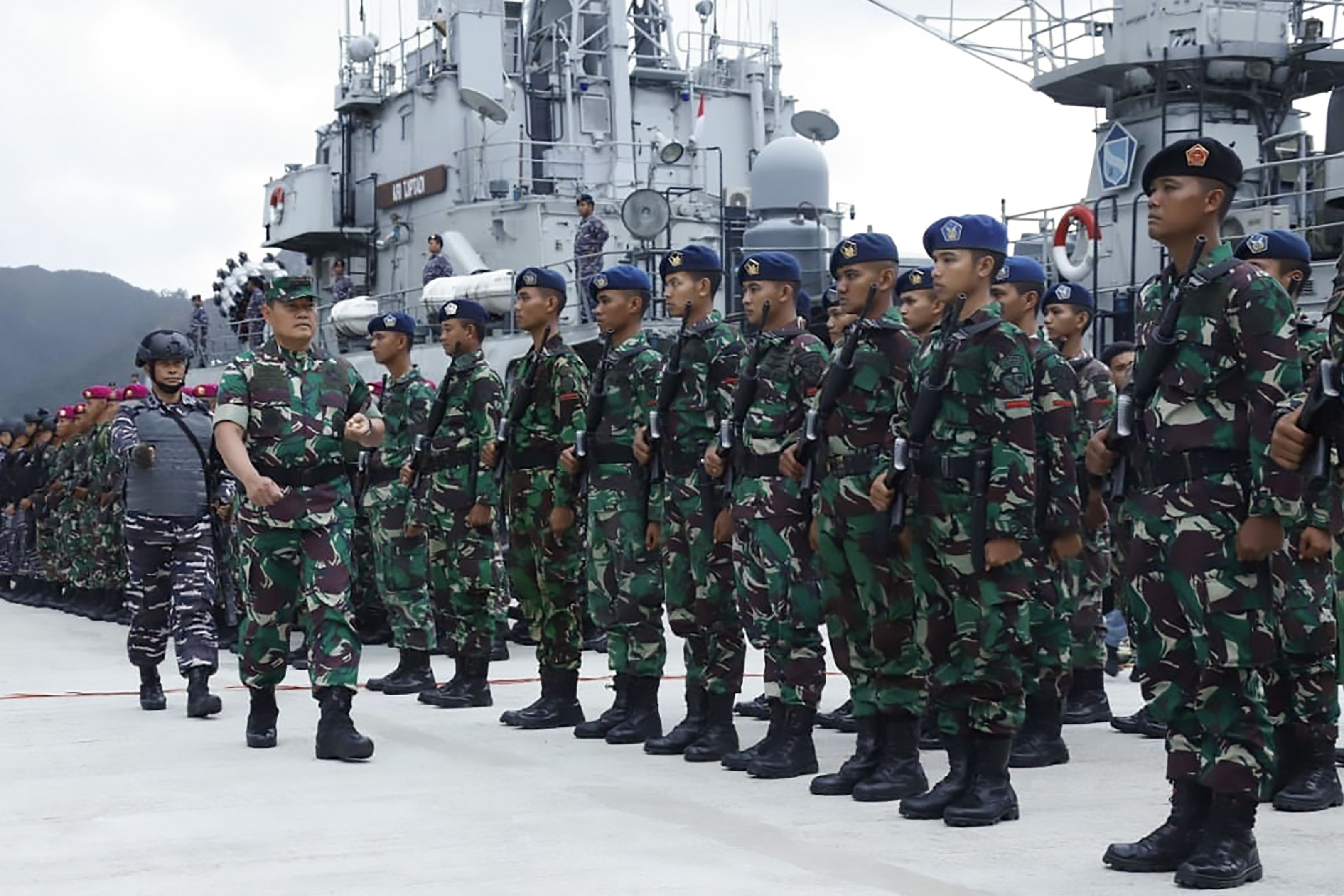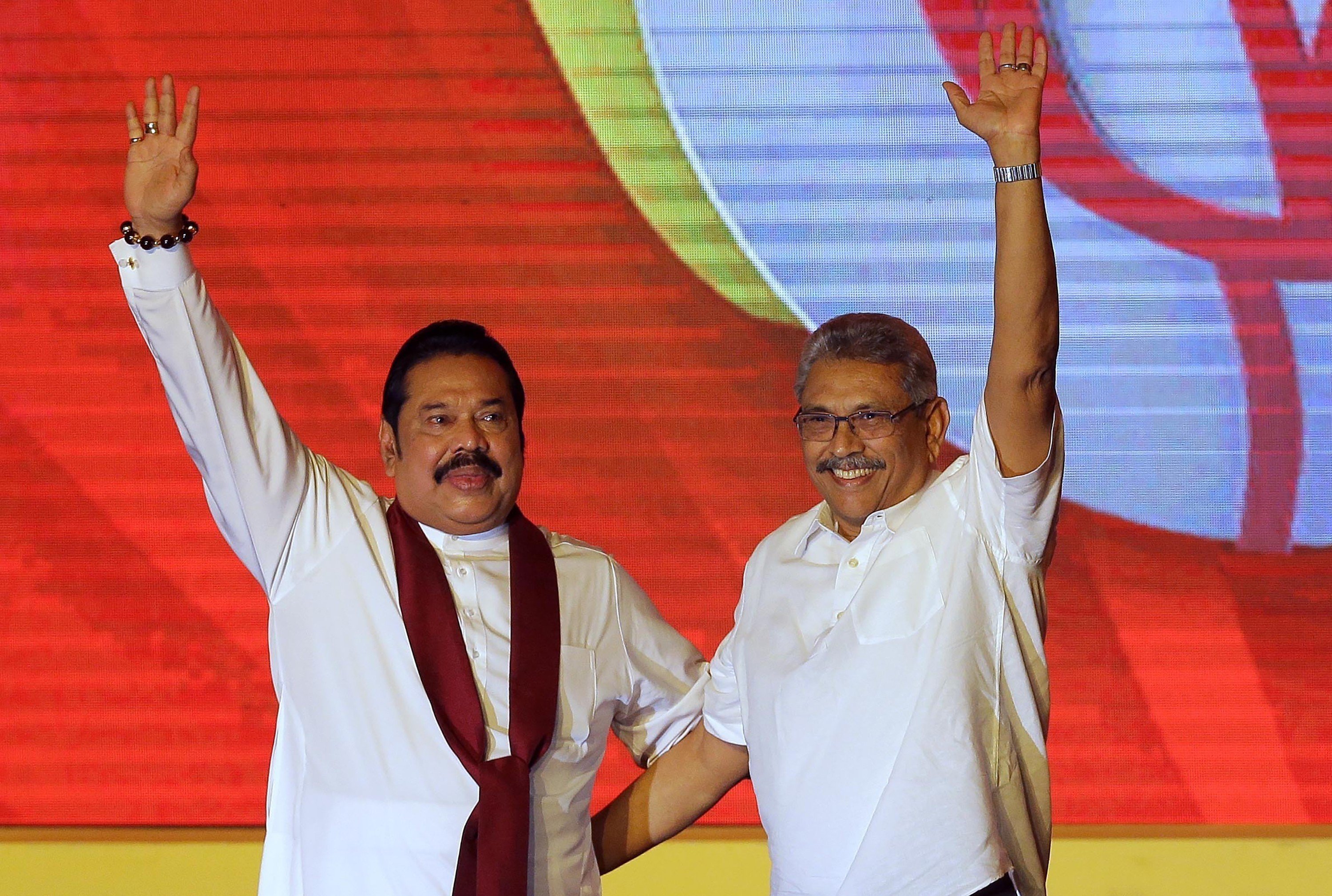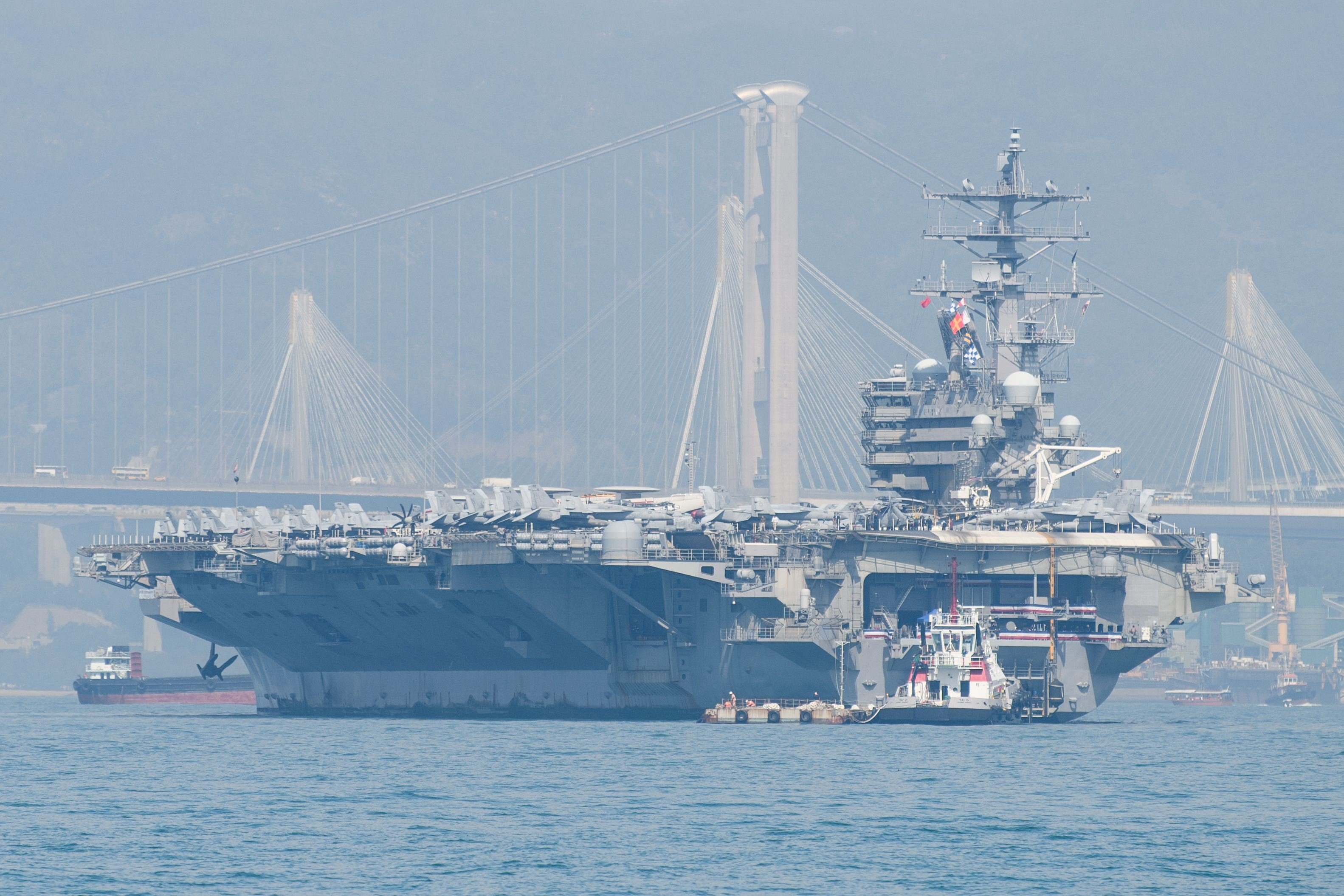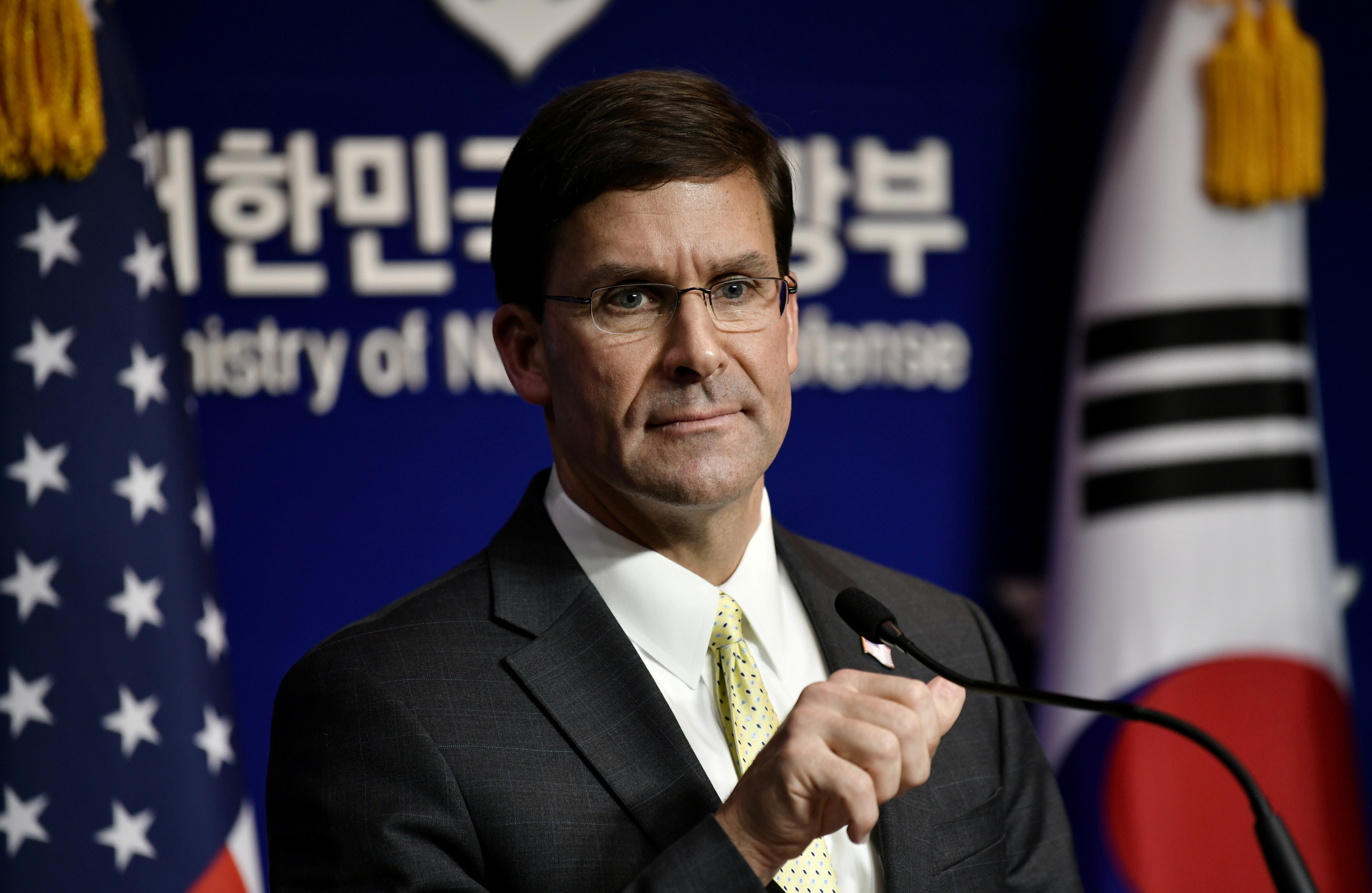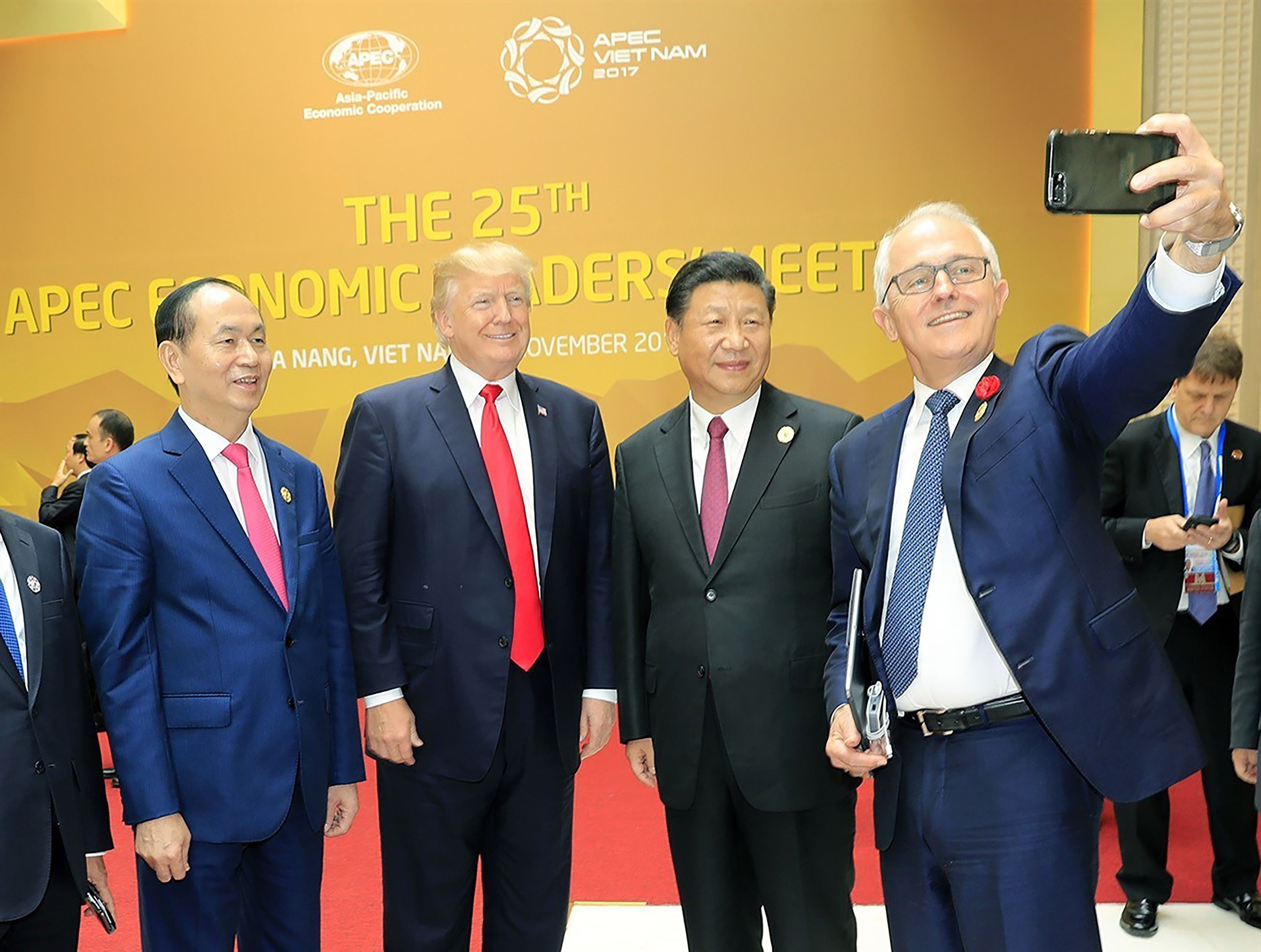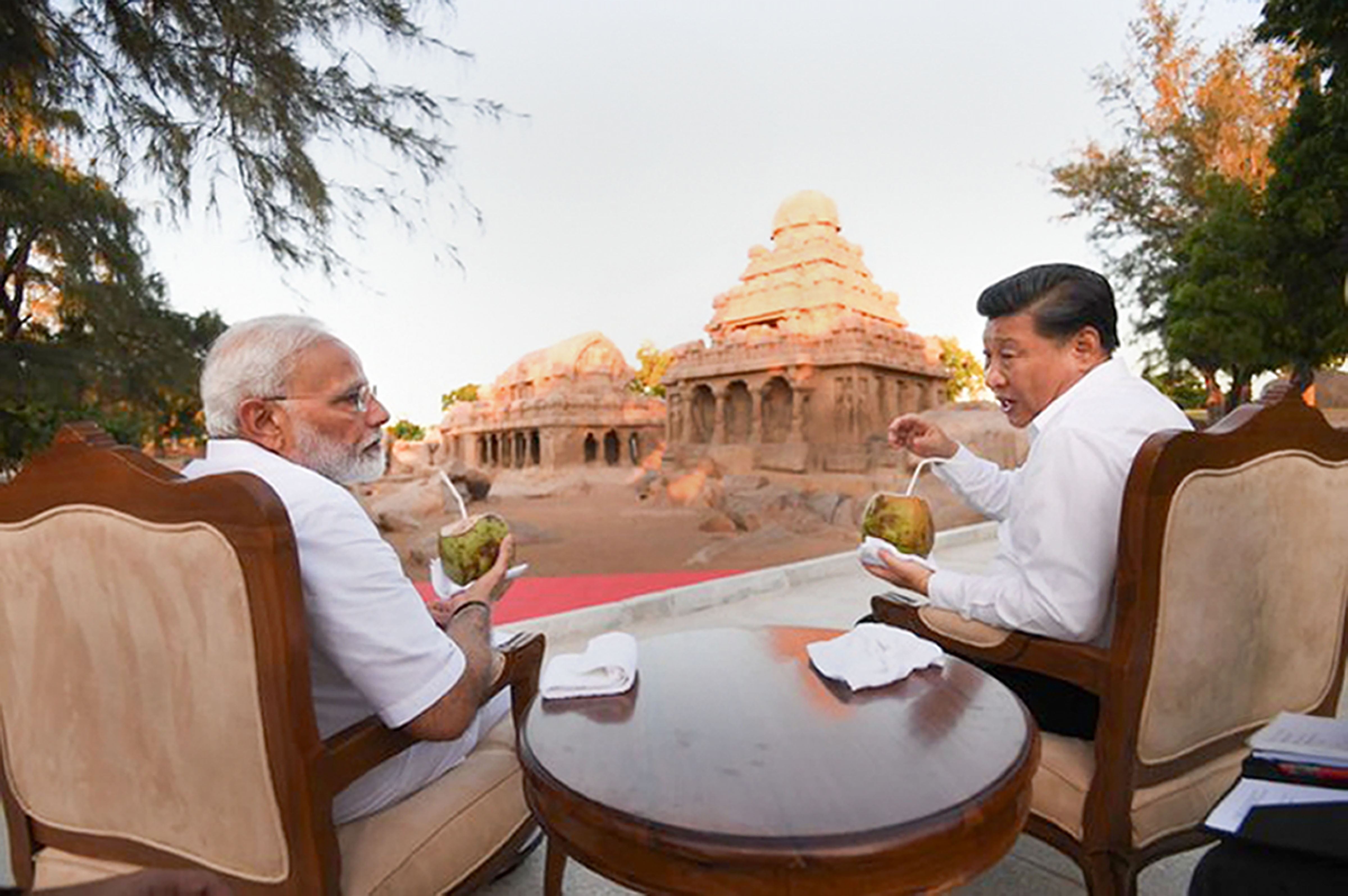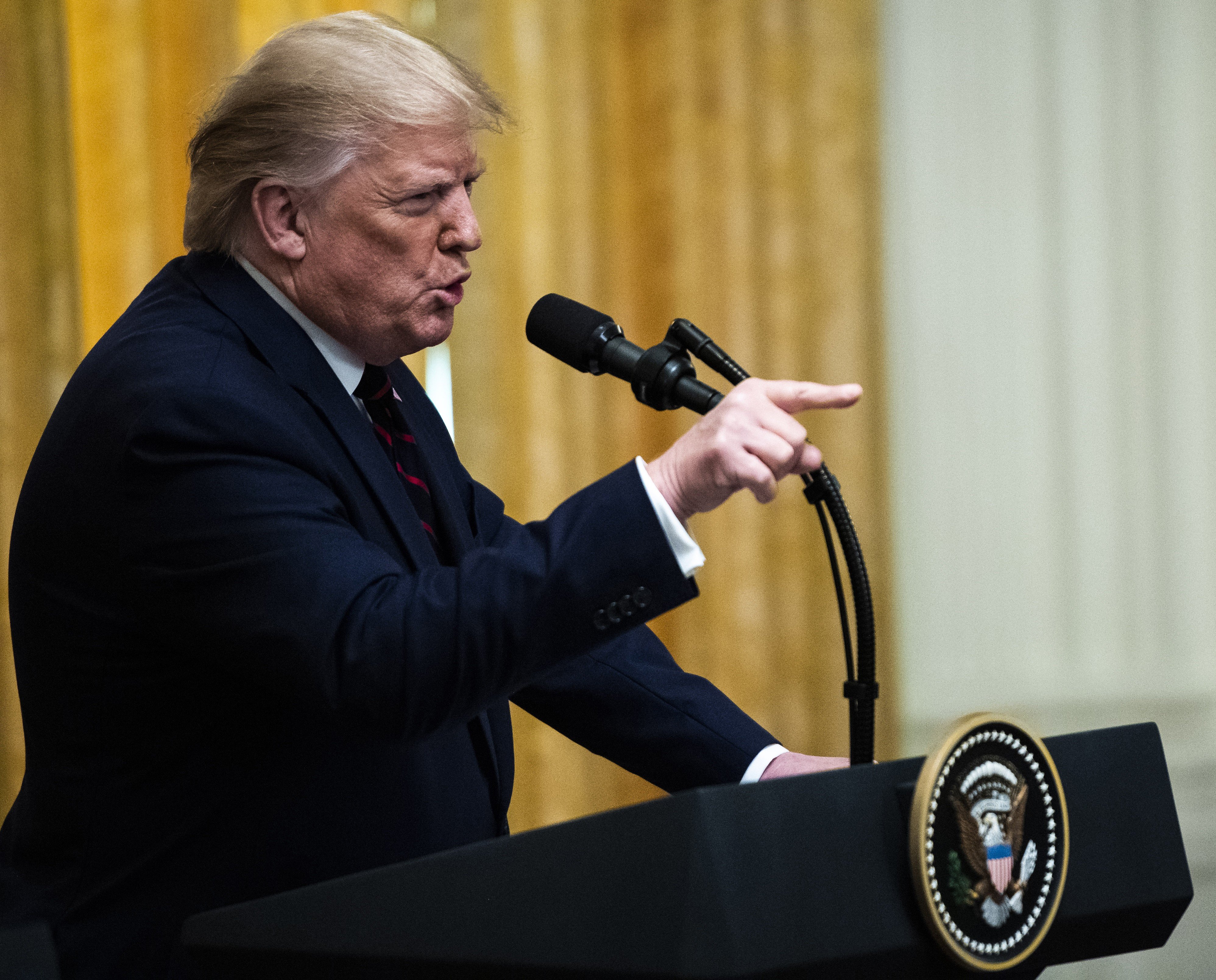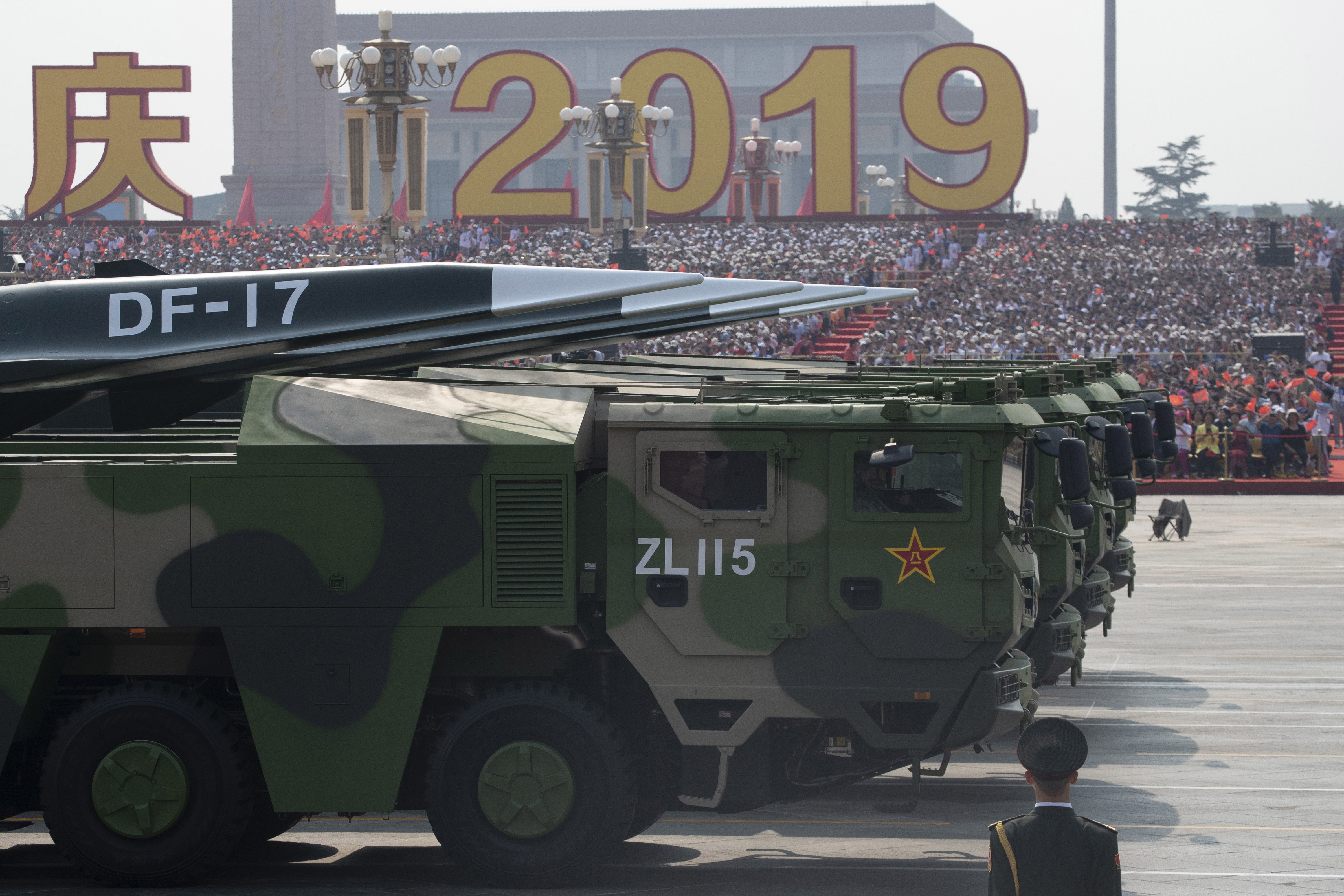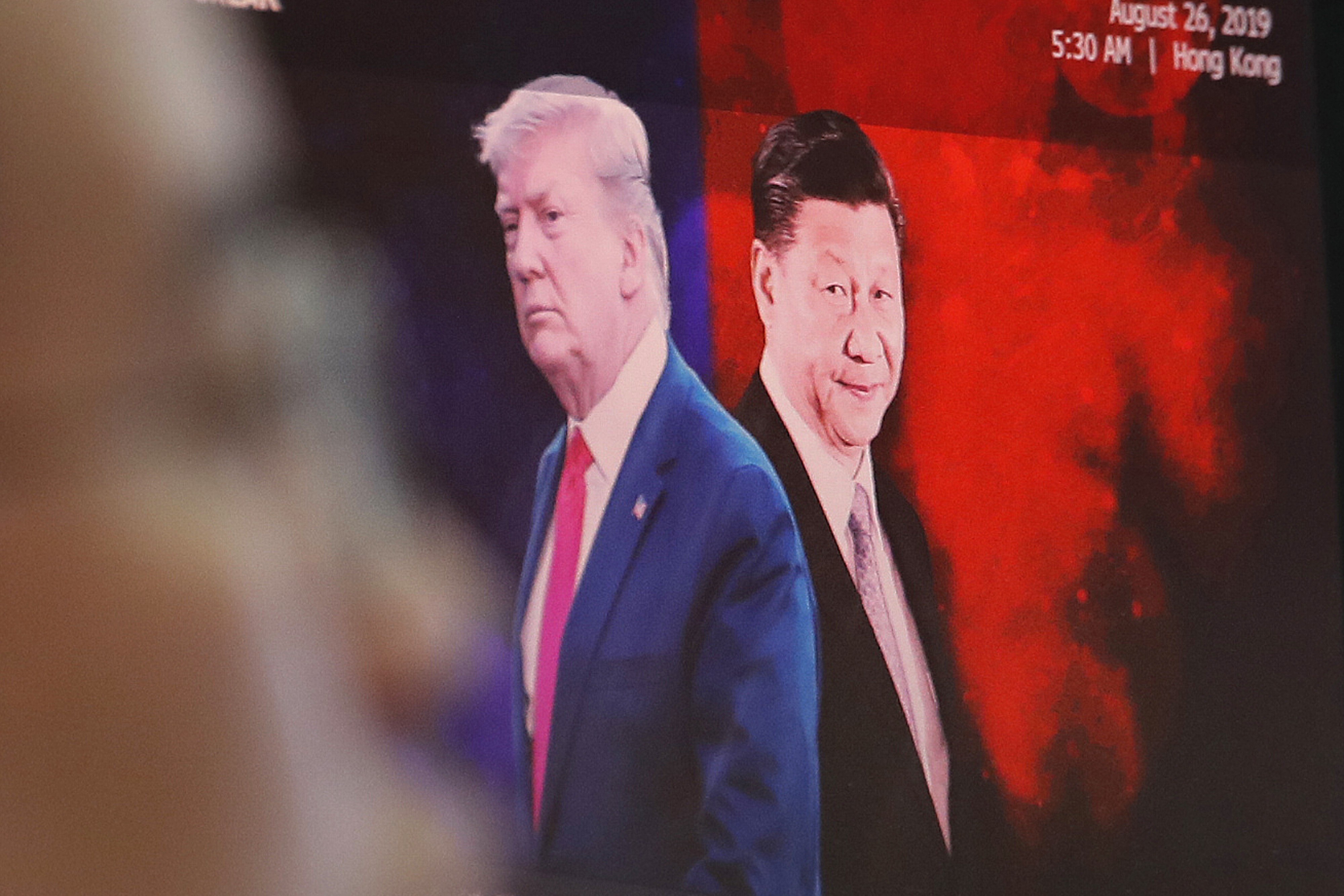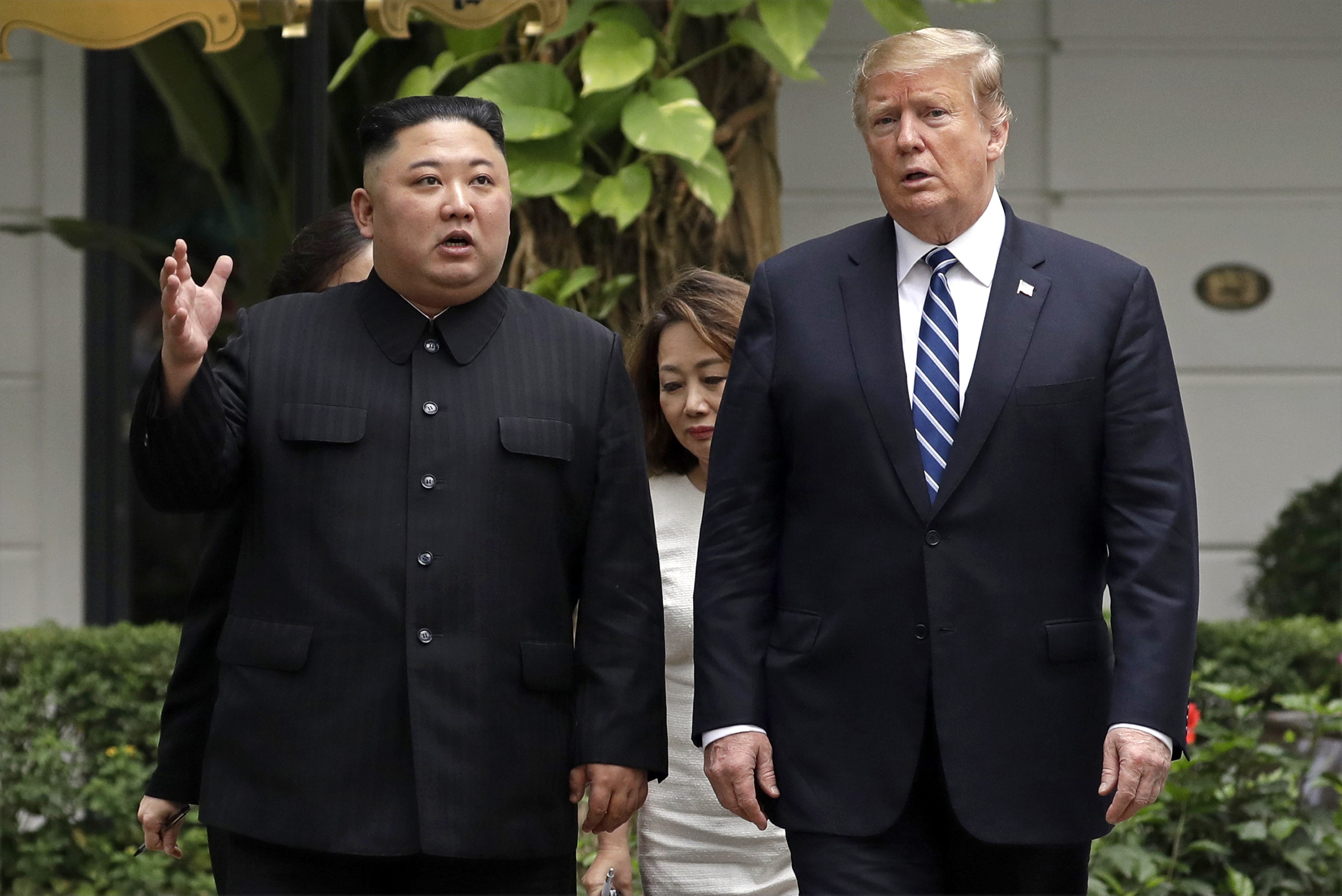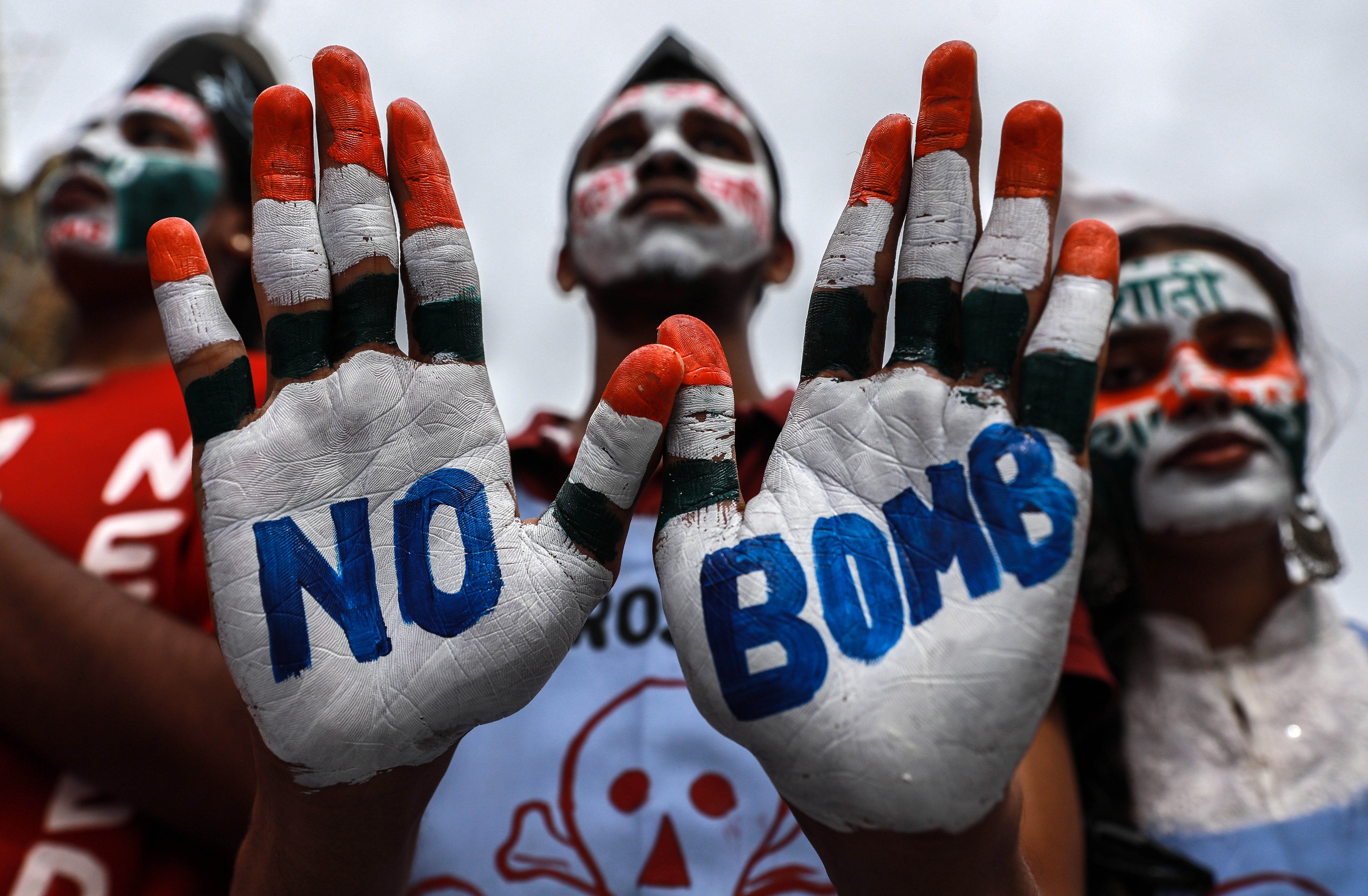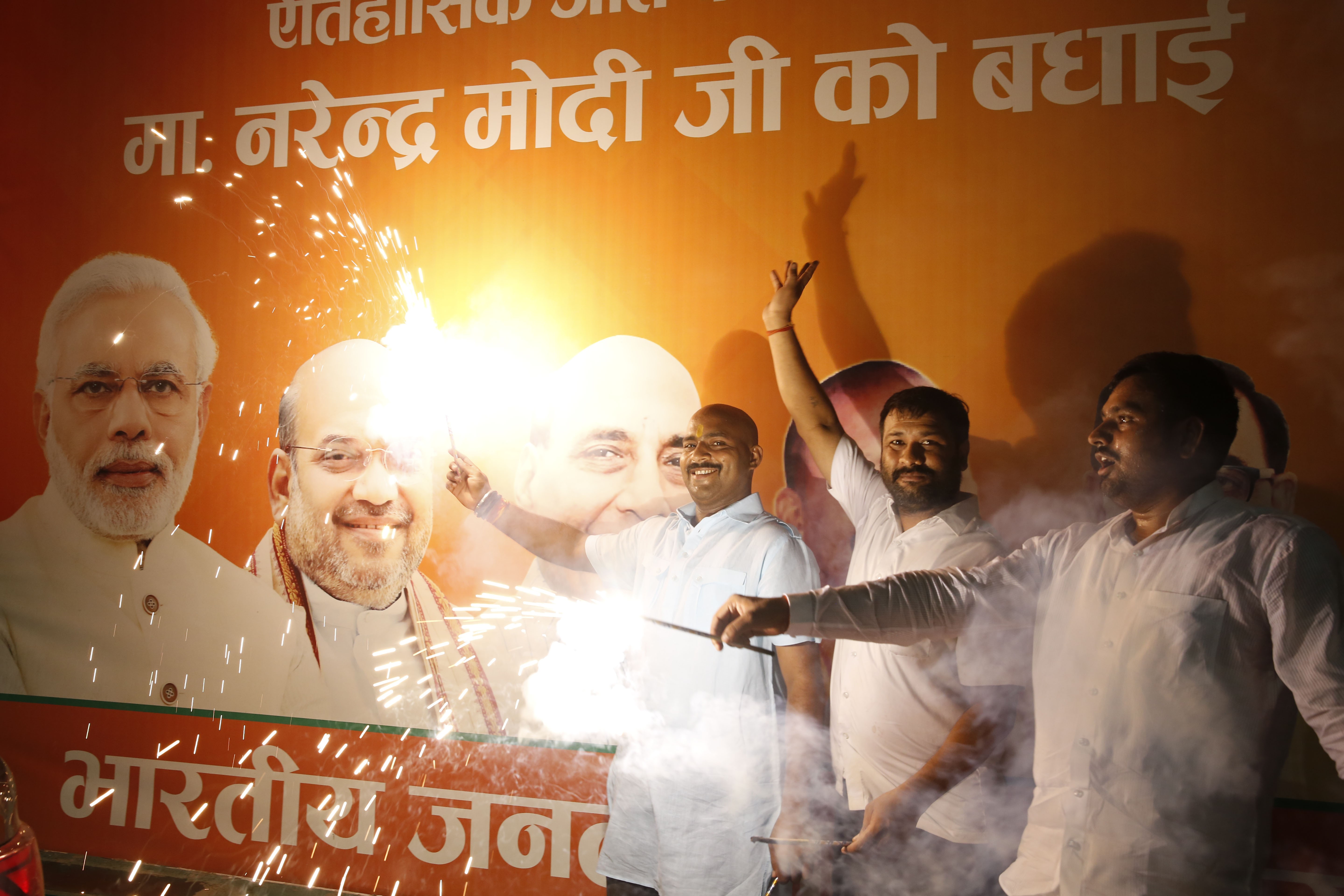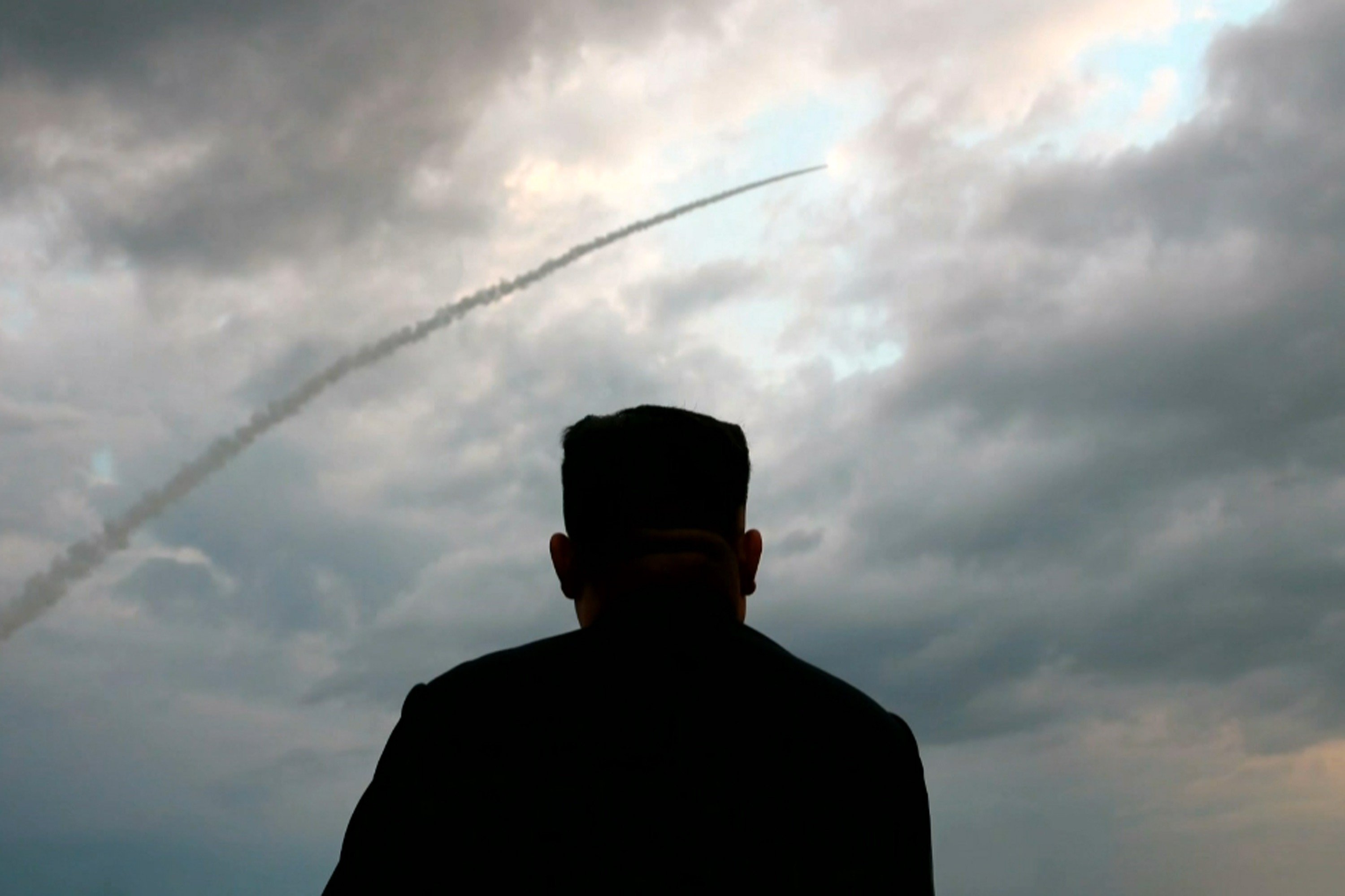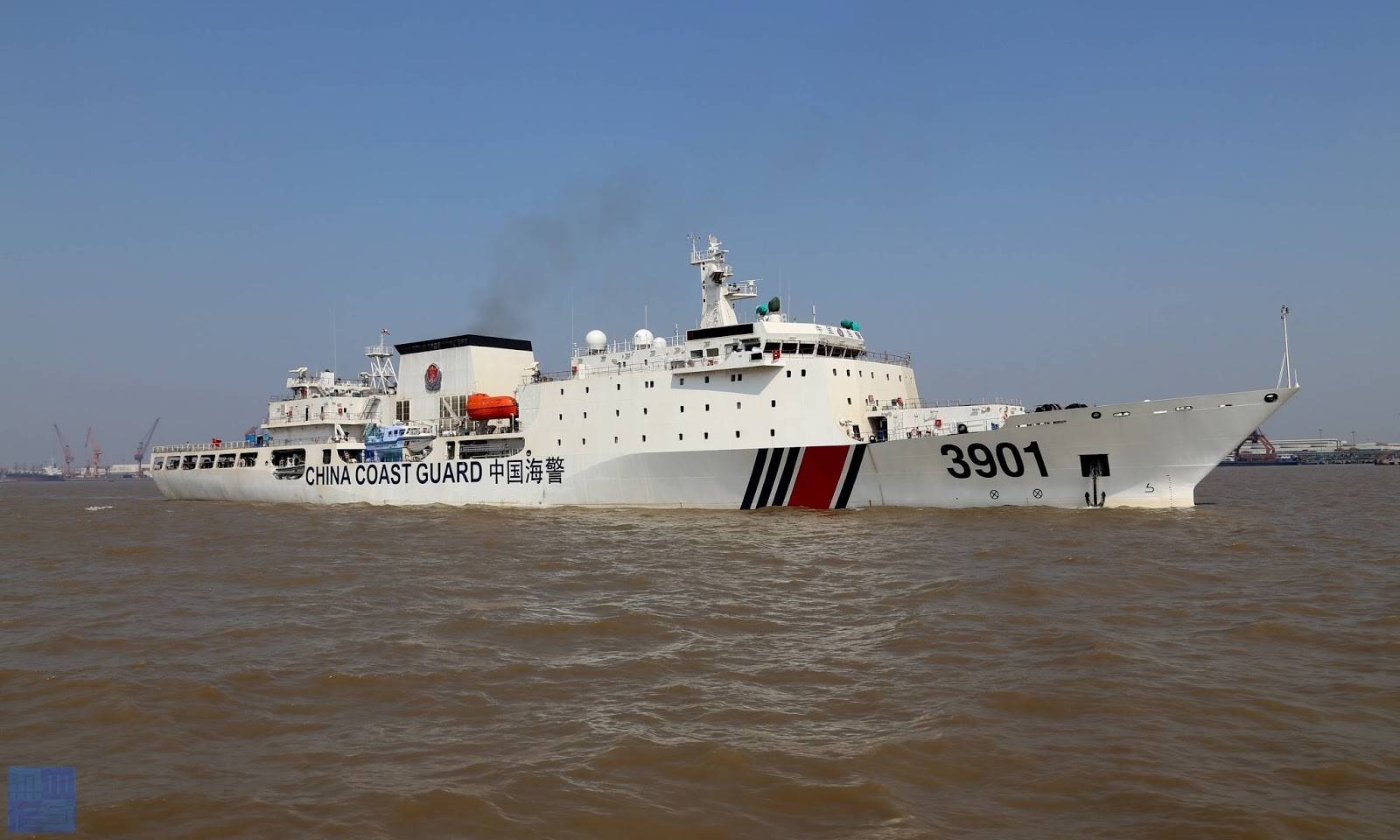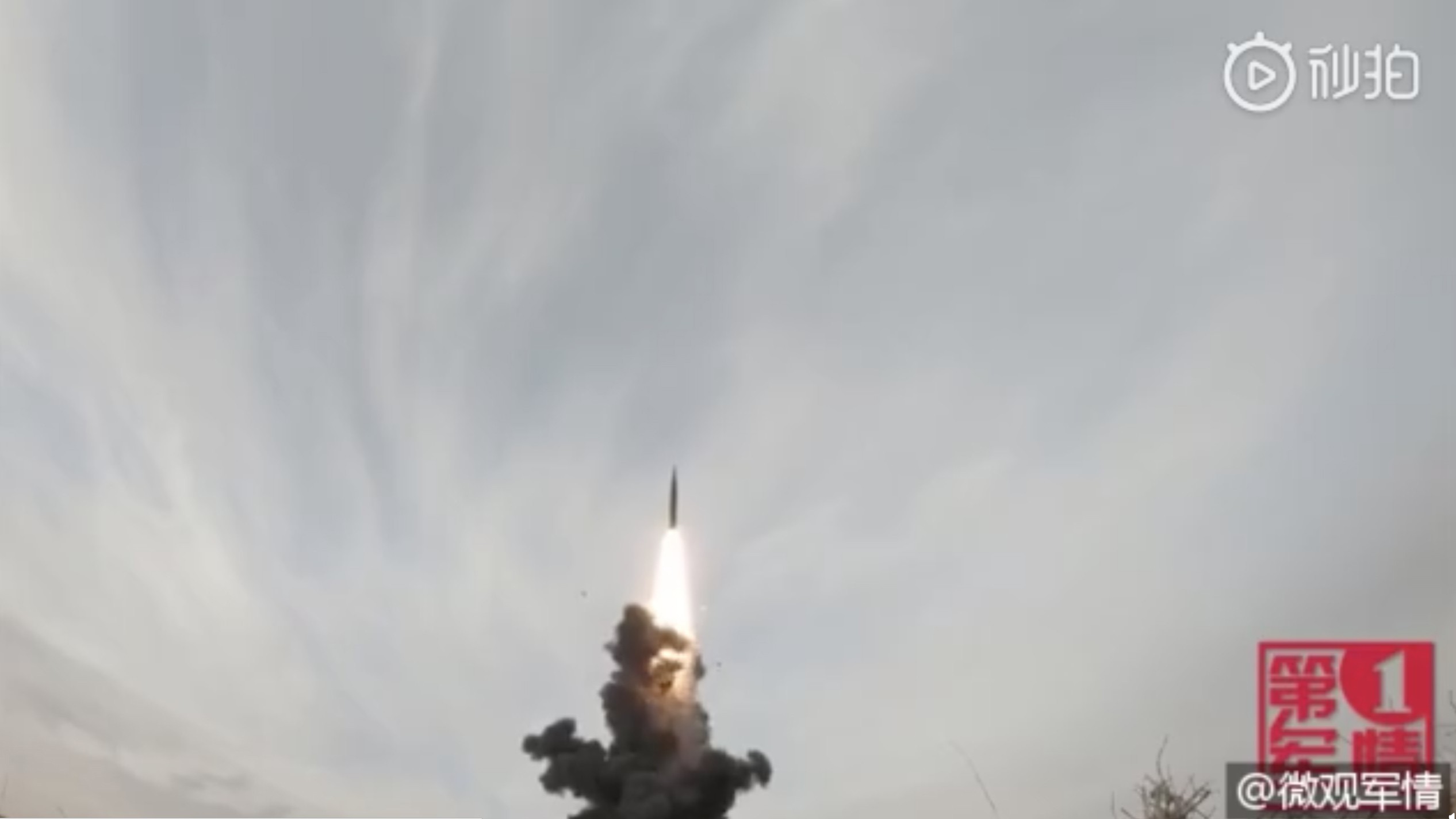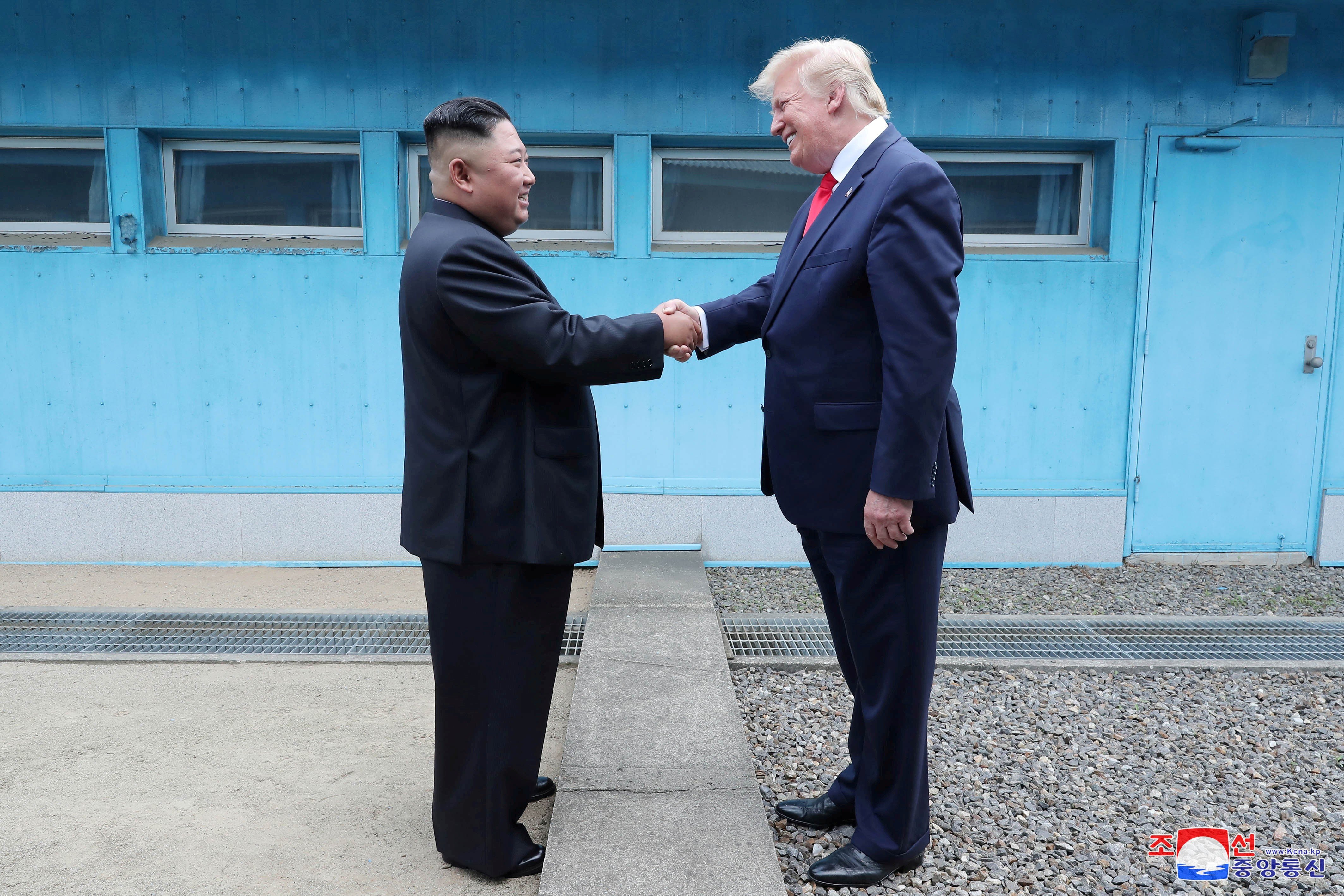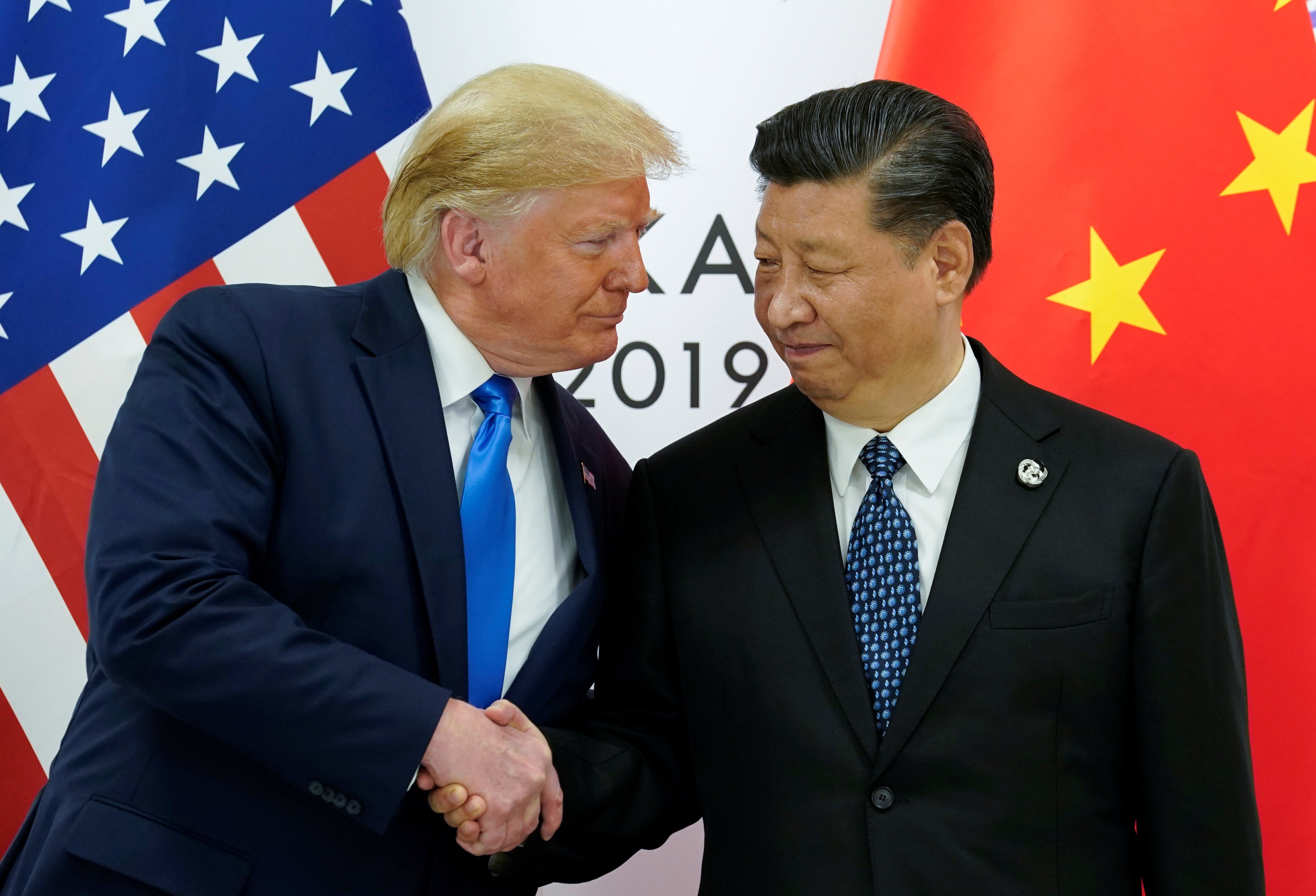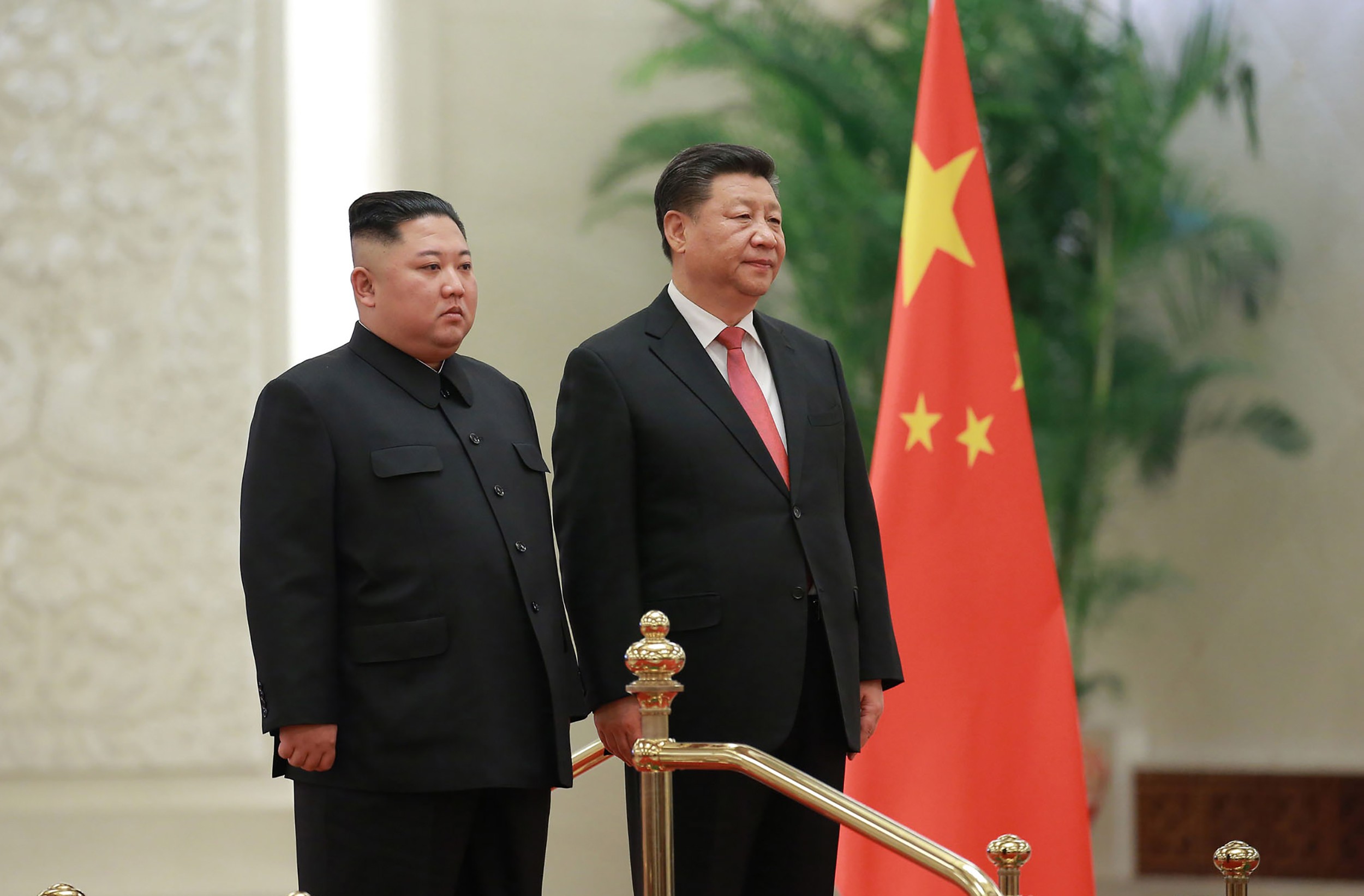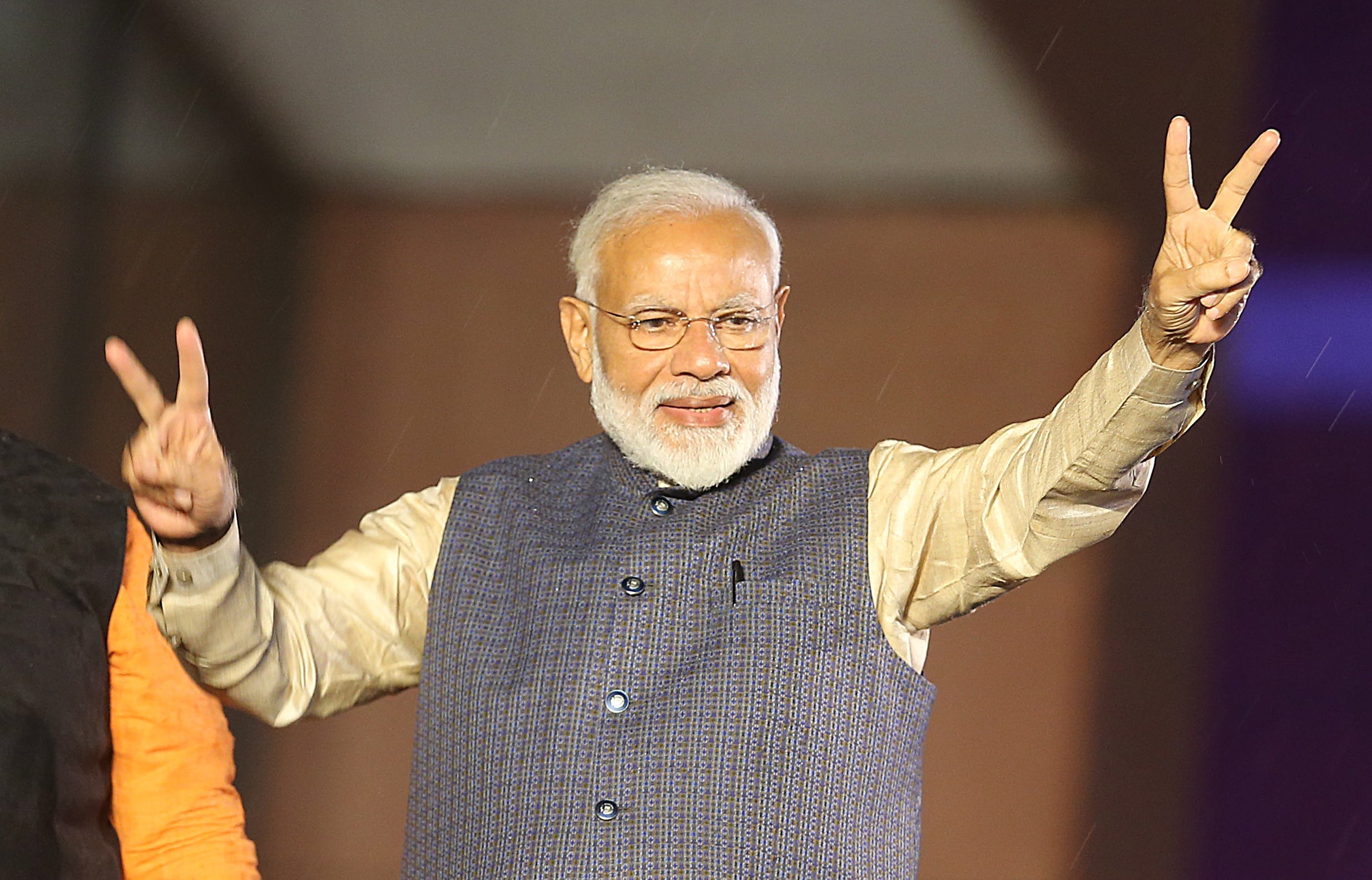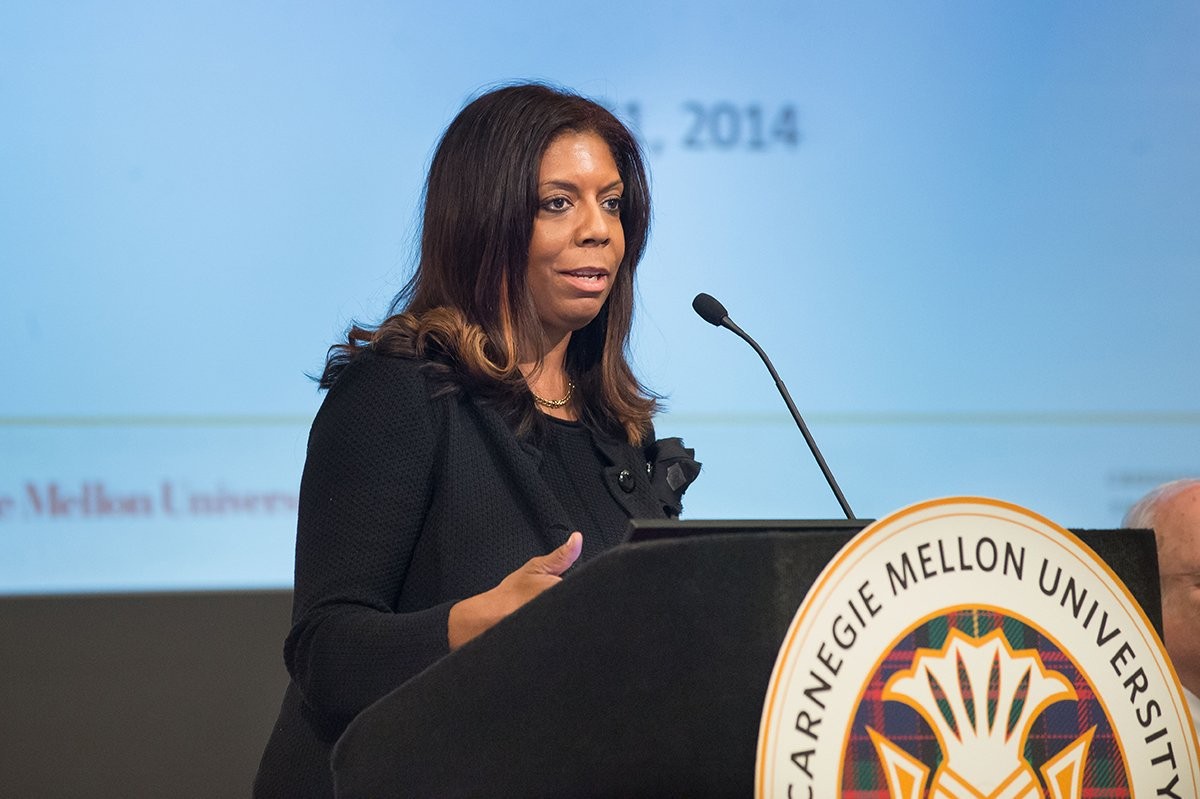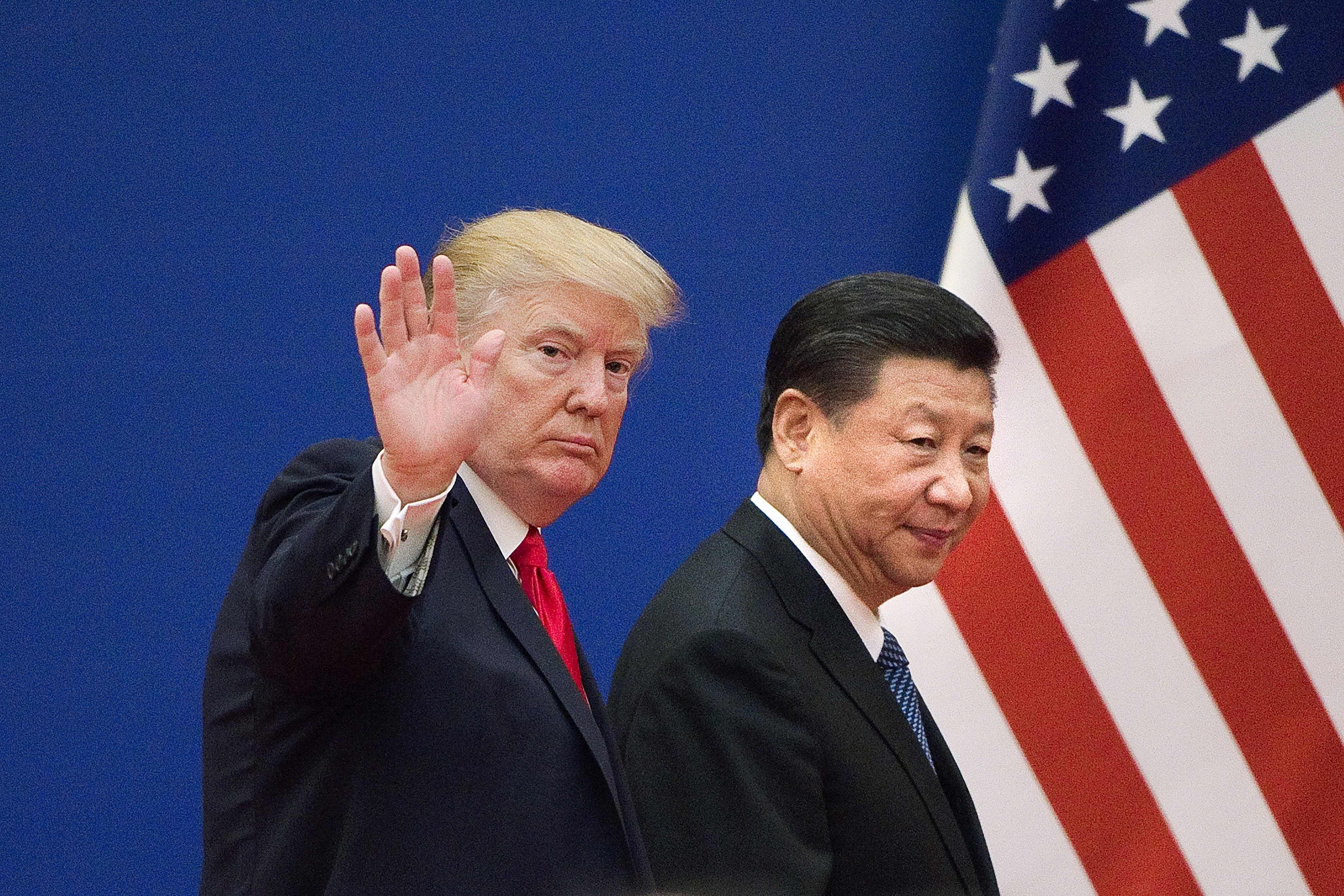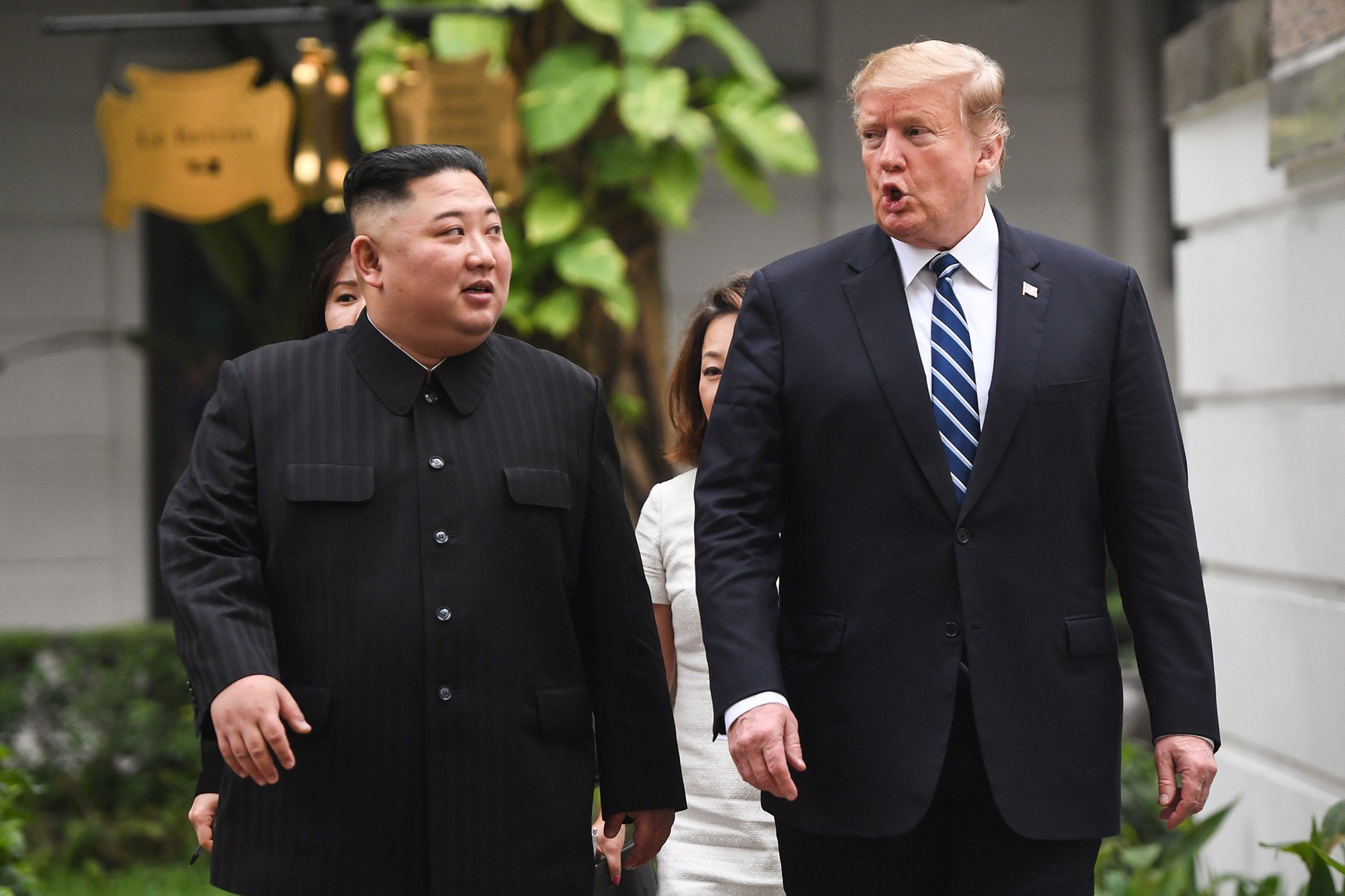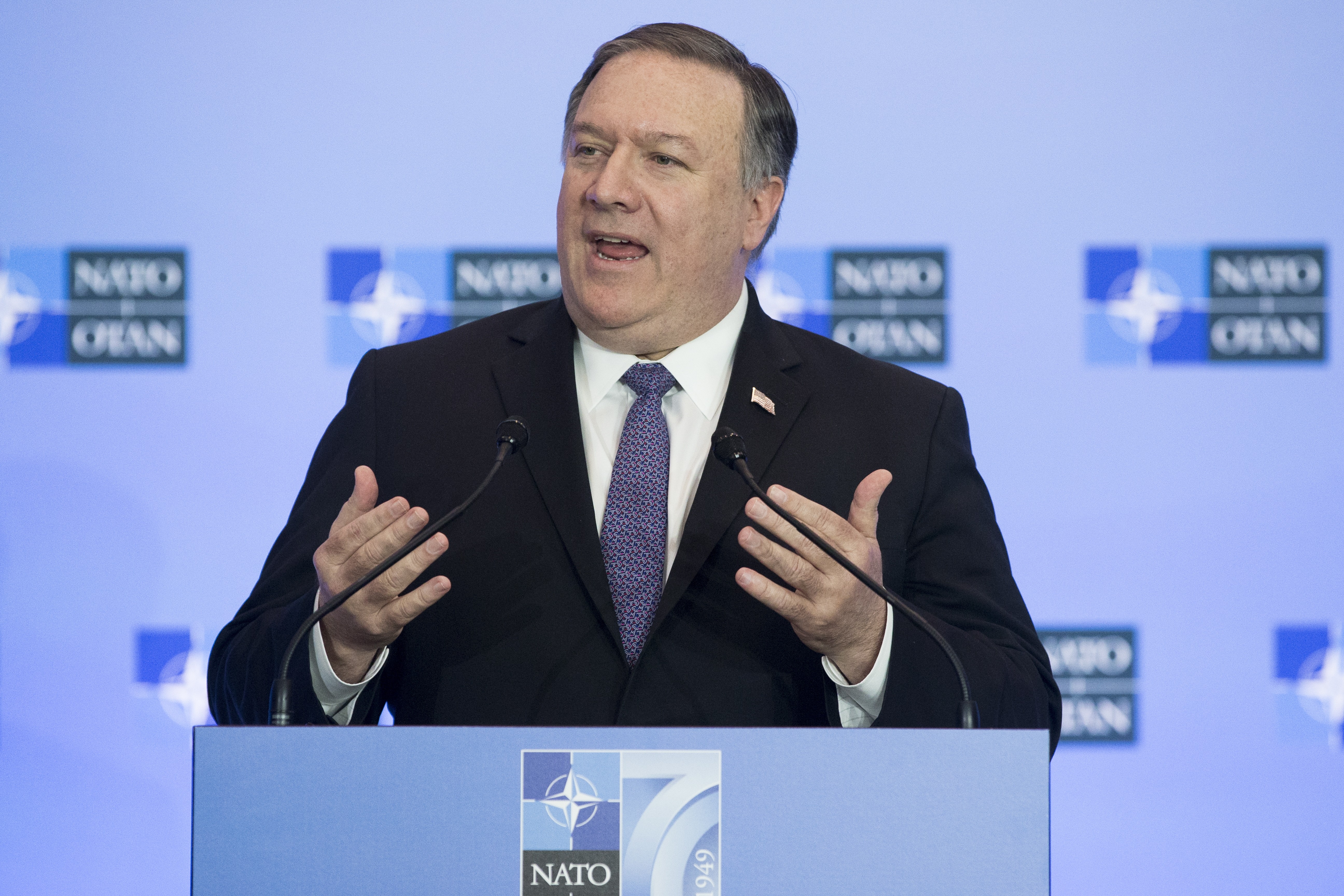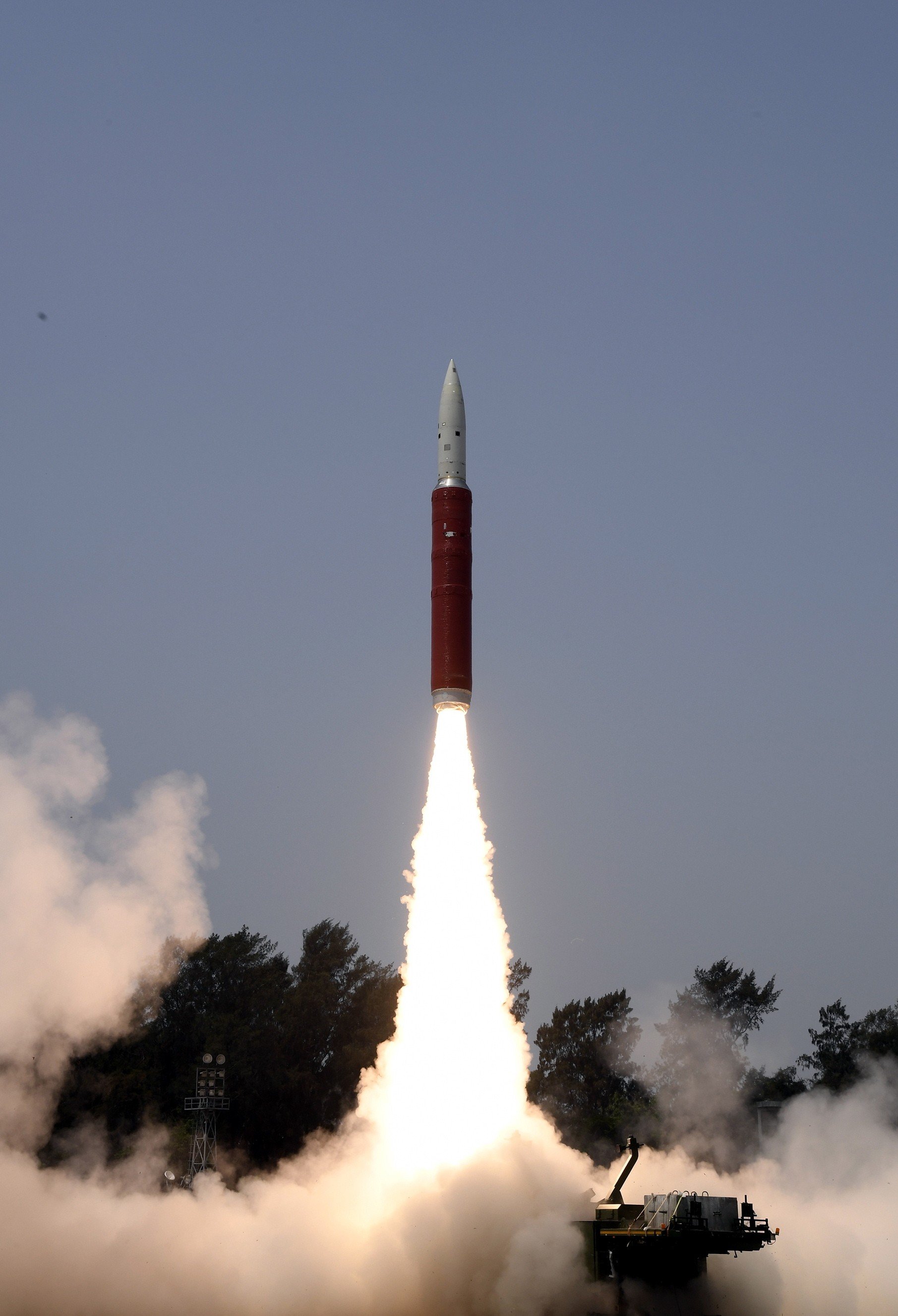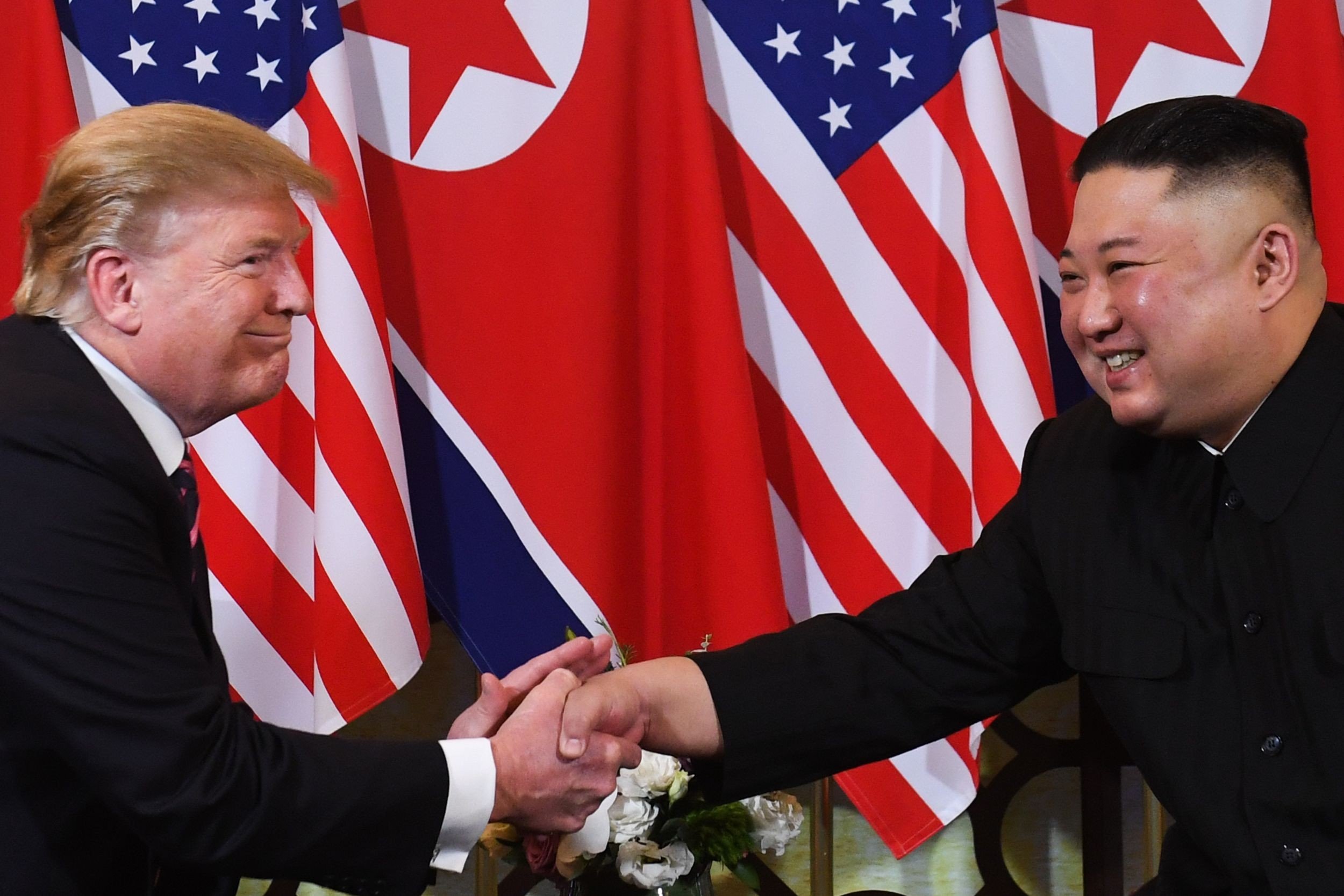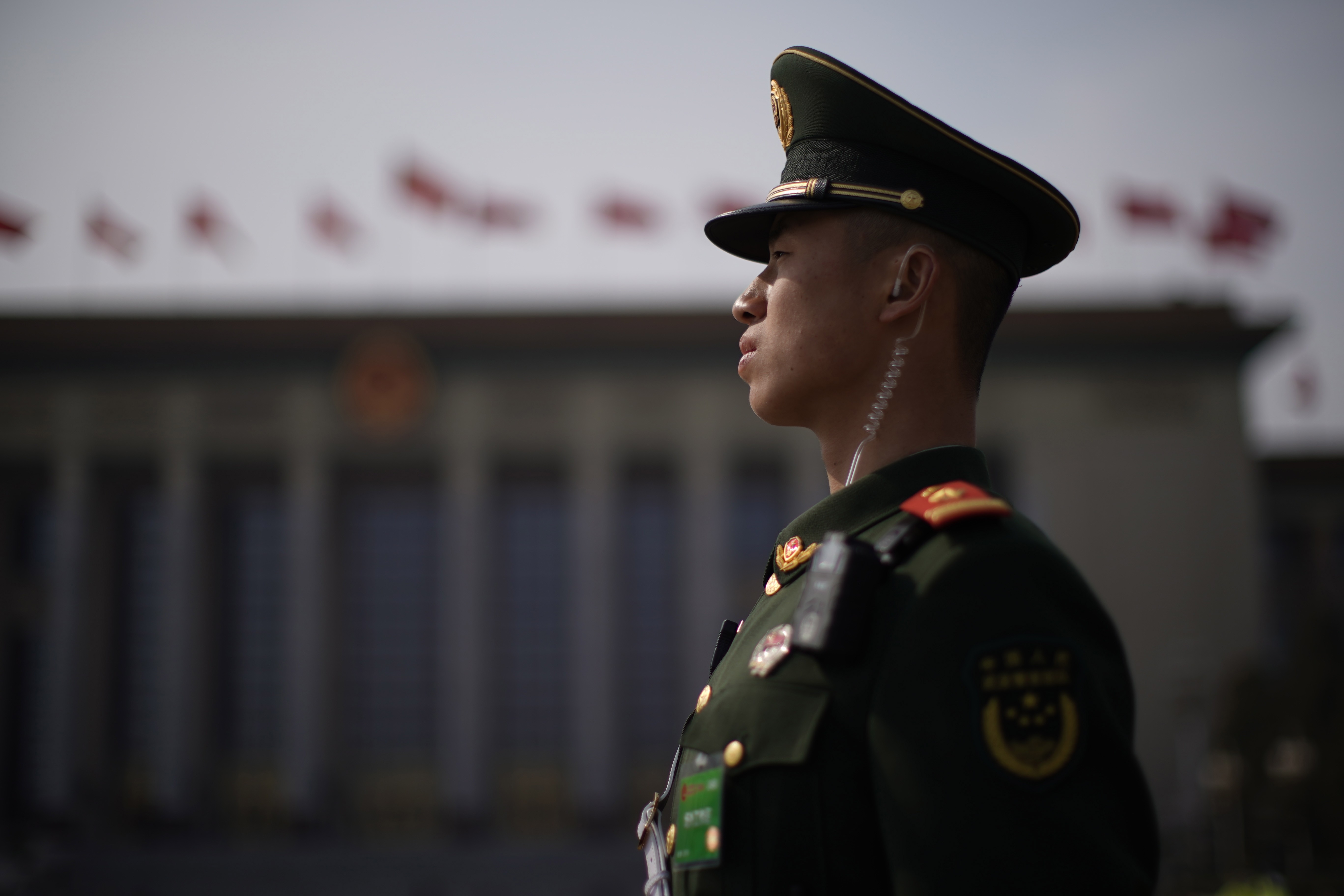Advertisement
Advertisement

Ankit Panda
Ankit Panda is an Adjunct Senior Fellow in the Defense Posture Project at the Federation of American Scientists, a Senior Editor at The Diplomat, an online magazine on Asia-Pacific affairs, and a Contributing Editor at War on the Rocks. Panda is an award-winning writer and a frequently cited analyst on geopolitical and security issues in the Asia-Pacific. His writing has appeared in The Diplomat, The Atlantic, The Daily Beast, Politico Magazine, and War on the Rocks, among other publications.
Ankit Panda writes that it’s not too late for Indonesia to lead Southeast Asia back toward institutionalised solutions as talks continue toward an Asean-China code of conduct for the South China Sea.
Ankit Panda argues that Donald Trump’s decision to target Qassem Soleimani presents a troubling prospect but also an intriguing opportunity for Beijing.
Gotabaya Rajapaksa’s election victory tapped into nationalist sentiment, including demands for the return the port seen as a cautionary tale on the dangers of ‘debt trap’ diplomacy.
Detentions lay bare the party’s brutish approach to statecraft. If it wants to be seen as anything other than a barbarous regime, it can’t target the innocent.
Advertisement
Welcome no more, US warships’ enforced absence denies China a barometer of its rival’s mood – all because of an insecurity seemingly gripping Beijing.
Official has work to do to keep regional allies happy against Donald Trump’s ‘myopic’ foreign policy.
The cancellation of the summit due to ongoing protests has deprived the US President of a setting to seal a ‘phase one’ deal with his Chinese counterpart Xi Jinping, writes Ankit Panda.
Chinese President Xi Jinping and Indian Prime Minister Narendra Modi must address the hard questions surrounding the fundamentals of their countries’ relationship, Ankit Panda says.
With impeachment and electoral survival emerging as dual threats, US President Donald Trump may escalate disputes with China, North Korea, Iran and even allies.
An American general warned last year that the US does not have an effective defence against such hypersonic weapons, but Ankit Panda is keen to dispel the hype.
Robert O’Brien is not a well-known name in foreign policy circles and when it comes to Beijing, his role is likely to be marginal, Ankit Panda writes.
Positive noises from Pyongyang’s foreign vice-minister and Donald Trump’s sacking of John Bolton bode well for progress – but it was a mistake for Trump to express openness to another summit with Kim Jong-un before making diplomatic progress.
Seoul’s decision not to renew agreement with Tokyo on sharing military information could provide Beijing with a golden opportunity, Ankit Panda writes.
Recent comments by India’s defence minister highlight the evolution of New Delhi’s thinking and the mutual scepticism between it and its two biggest rivals.
Ankit Panda writes that while New Delhi’s revoking of Kashmir’s special status pleases both supporters and opposition parties, the move has opened ‘a geopolitical Pandora’s box’.
North Korean leader has sought ‘bold decision’ from Washington by the end of the year – and July’s displays of nuclear capability, following indications of support from China and Russia, suggest he is serious.
To reach agreement on how to share resources in the disputed South China Sea, all claimants need to refrain from pushing dubious entitlements – but Beijing’s actions suggest it believes ‘might makes right’.
Recent tests of anti-ship missiles near the disputed Spratly Islands send clear message to Washington about the risks of future engagement.
If US negotiators hope to get something for nothing from Pyongyang, they will be sorely disappointed, Ankit Panda writes.
Presidents used their close friendship to get the stalled talks back on track but nothing really changed in Osaka, Ankit Panda says.
The Chinese leader is visiting after Kim’s failed summit with Donald Trump and underscores importance of relationship with Beijing
There are no easy answers to the challenges the new Indian government will face in its multifaceted relationship with China, Ankit Panda writes.
Ankit Panda writes that the prospect of a ‘civilisational clash’ with China should not underpin US foreign policy.
Ankit Panda writes that while a bilateral clash is not inevitable, China’s military modernisation at a time of trade anxiety is challenging US goals of Indo-Pacific dominance.
Essential but non-official connections between the two countries are being pulled apart just as they are needed most, writes Ankit Panda.
Ankit Panda writes that as Kim Jong-un moves to ensure his survival, Washington will have to decide whether to keep demanding all or nothing from Pyongyang.
Ankit Panda writes that China may have overplayed its hand with Philippine President Rodrigo Duterte by having fishing vessels swarm Thitu Island.
Ankit Panda writes that India’s test of an interceptor to destroy a satellite only renders space less hospitable for peaceful, civilian use, while contributing marginal military benefit.
After failure of Hanoi summit between Kim and Donald Trump relations between Pyongyang and Washington are in a perilous state, says Ankit Panda.
As the great-power competition with the US heats up, China’s defence spending is delivering a modern military, but the next step will be to develop the experience and knowledge base of its military personnel.

